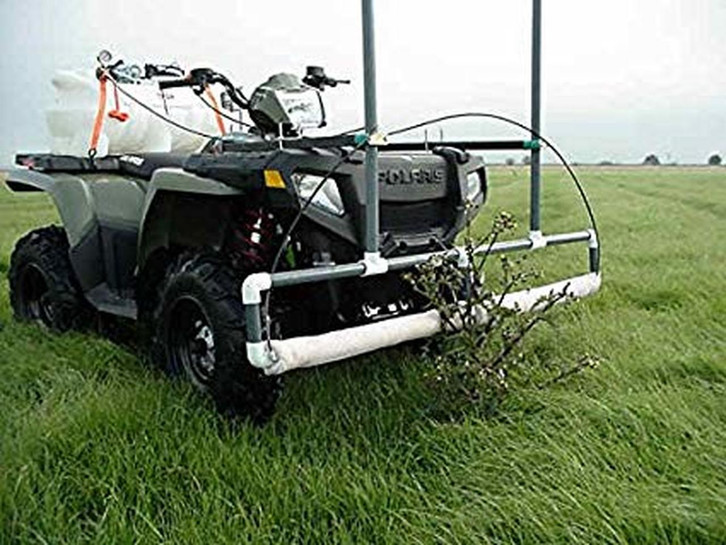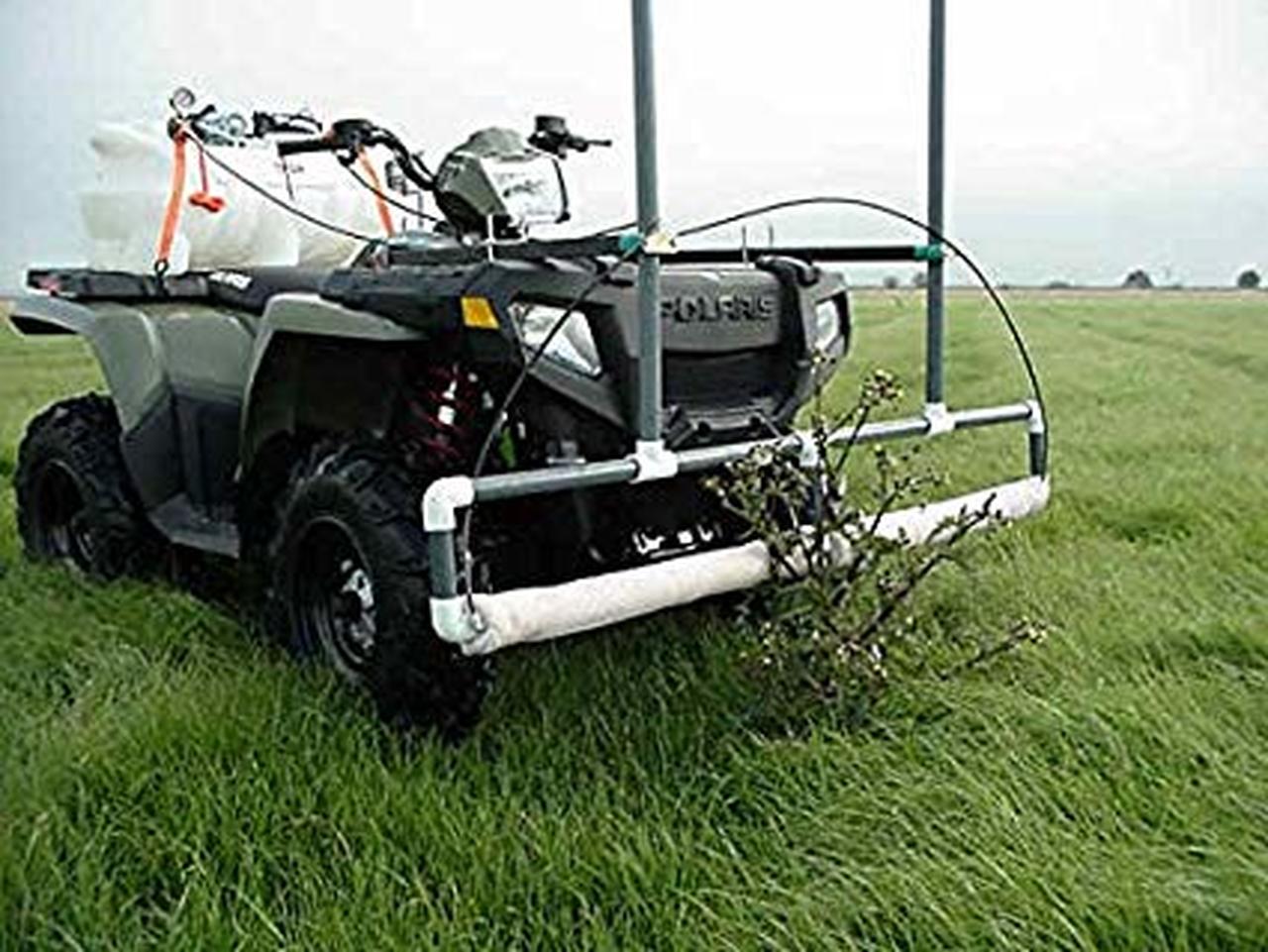5 Tips for Using Homemade Weed Killer Spray In Your Weed Wiper
Around two million households across America are home to keen gardeners. So whether you're looking to start your own vegetable patch or want the best roses in the neighborhood you're in good company! In that case, maintaining your garden properly is an absolute must if you want green-fingered success.
This is probably why gardeners in America spend more than $47 million dollars every year on gardening tools and supplies. But did you know that, when it comes to tackling your garden's weeds, you could save a lot by using your own homemade weed killer spray?
Making your own weed killer ensures you don't expose your other greenery to harmful chemicals and really is very simple. Not sure where to start when it comes to homemade grass and weed killer? Then you're in the right place!
Read on to find out five top tips that will ensure you have the best homemade weed killer spray around and use it
properly.
1. Making Vinegar-Based Weed Killer For Sidewalks
When it comes to homemade weed killer spray, vinegar is one of the best ingredients around. Its acidity means that it easily destroys tough or stubborn weeds.
In order to make your own you will need:
- White vinegar
- Table salt or rock salt
- Liquid dish soap
Obviously the quantities you use will vary depending on how much weed killer you need. To fill a 16 oz spray bottle you'll need 2 cups of vinegar, one tablespoon of salt, and 1.5 teaspoons of dish soap. To make half a gallon, use 2 quarts vinegar, 3 tablespoons of salt, and 1 tablespoon of dish soap.
Simply combine these ingredients together, spray onto your weeds, and let the spray works its magic! After 24 hours the weeds should begin to wilt and after 48 hours they'll be completely dead.
However, it is important to note that any weed killers containing salt should only be used on sidewalks and between beds. This is because if the salt gets into soil it will stop any plants growing in it at all. So make sure not to use it on your lawns or in your flowerbeds!
2. Alternative Natural Weed Killer Ingredients
Fortunately, there are some other natural ingredients that won't damage your plants when used on your flowerbeds or in your fields.
Vinegar on its own will also help you get rid of weeds, although you might need to apply it several times. But this isn't the only thing you can use. In fact, using homemade organic weed killer spray isn't just about killing weeds but also preventing them from growing back.
Cornmeal, for example, stops weeds from germinating. You can sprinkle this onto the soil without it causing any damage to the existing plants. However, you should make sure that the plants around it are already well established.
Mulch is a great way of stopping weeds from reaching your soil, which means they won't be able to grow. This is also helpful for any seeds that you are trying to germinate as it shields them from direct sunlight. This means they won't dry out and stand a good chance of growing properly.
3. Make Sure to Mix Your Homemade Weed Killer Properly
Even if you have the best weed killer spray for lawns homemade and the best spray nozzles around, you still need to know how to apply it properly.
Before spraying it, you should shake up your homemade weed killer to ensure that it's mixed properly. This is important as the dish soap helps the corrosive vinegar stick to your weeds' leaves better.
For the best results, apply your weed killer using a sprayer with a pump. This helps to keep your ingredients mixed as you spray.
4. Dry, Sunny Days Are the Best Spraying Days
When using a homemade formula, it's best to spray your weeds on a day that is dry and, ideally, sunny. There are several reasons for this.
First and foremost, you want to avoid adding moisture to your mixture. If the ground is wet or it rains after you put the formula down, this will dilute it and make it less effective on your weeds.
A sunny day is also ideal for a mixture that uses vinegar. This is because the sun actually activates the vinegar's acidic weed-killing properties so it will work even faster in direct sunlight!
5. Know Which Parts of a Weed to Target
You should always tailor your weed tackling depending on the type of weed you are dealing with.
Most natural and homemade weed killers work by targeting the weed's leaf cuticles. This makes the cells within the weed itself start leaking so that it dies quickly. Natural ingredients that are good for this include:
- Vinegar
- Cornmeal
- Iron-based herbicides
- Oils, such as clove, peppermint, pine, or citronella
However, weeds that affect grass are often more difficult to deal with because they have an established base underground.
When attacking these weeds, make sure to apply your weed killer around the base of the weed itself. This gives your weed killer the best chance of destroying the weed's roots so that it doesn't keep coming back.
Get Ready to Make Your Own Homemade Weed Killer Spray Today!
When it comes to tackling tricky weeds on your land, homemade weed killer spray will do the trick as well as any chemical spray. And it will do this without damaging any of your existing crops or flowers.
So what are you waiting for? Keep these five brilliant tips in mind when making yours and you won't go far wrong.
For more help managing your land the right way, check out these eight must-have items to get from your local farm supply store!
 US Dollars
US Dollars
 Canadian Dollar
Canadian Dollar
 Australian Dollar
Australian Dollar
 Euro
Euro


